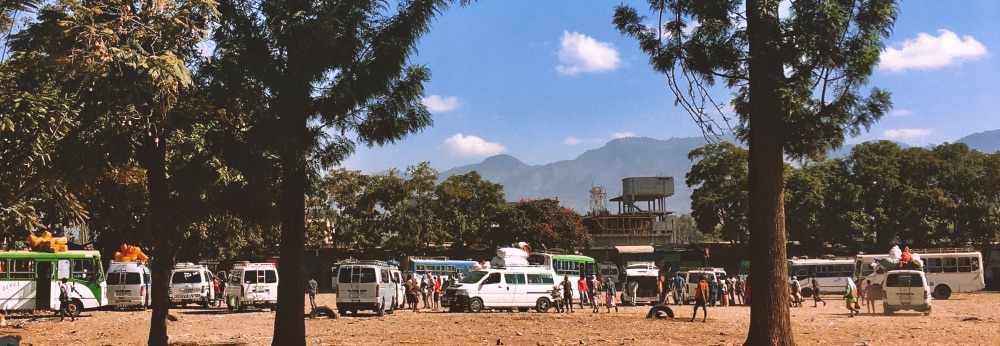Alfredo Gonzáles-Ruibal
31. January 2023, 18:00
The Horn of Africa is an ideal place to study forms of state resistance, because it has some of the oldest and most persistent state polities south of the Sahara, but at the same time state trajectories in the region are non-linear and fraught with obstacles and small-scale, stateless societies have proved to be extremely resilient, both in the periphery and at the heart of the state. Here I will explore three obstacles that have systematically thwarted state-building: 1) mobility among nomadic pastoralists; 2) internal frontiers, and 3) liminal ecologies, such as swamps and escarpments. And for that I will take an archaeological long-term approach.
Alfredo González-Ruibal is a researcher with the Institute of Heritage Studies of the Spanish National Research Council (Incipit-CSIC. Although trained as a prehistoric archaeologist specialising in Atlantic Europe, for the last 15 years he has worked on the archaeology of the contemporary past and African archaeology.
Registration by email.

Pingback: 3rd round of our Online Lecture Series „New Perspectives on the Horn of Africa“ | Horn of Africa Studies